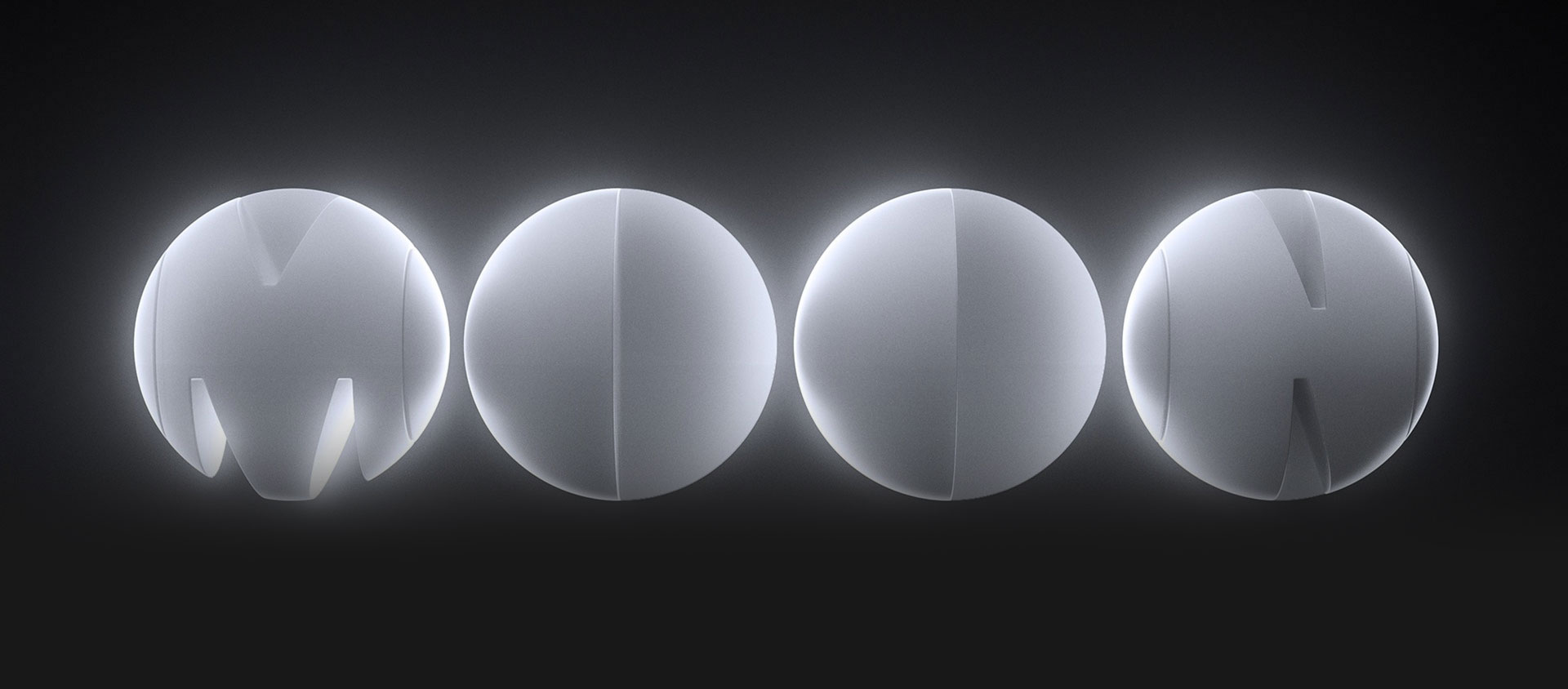
Module Development
「Meet diverse demands - Enhance space utilization - Sustainable design - Improve efficiency and testability」
During the detailed design stage, we continuously optimize the design plan to ensure that every production module and component can be perfectly connected, laying a solid foundation for production. It is the responsibility of R&D to make production more efficient and ensure the reduction of project implementation and maintenance costs.
Meet diversified demands
Modular design, in order to focus on the actual needs of the consumer group, has begun to develop towards humanization and personalization in design. We will adopt a modular production approach to make up for the deficiencies of standardized production and create more non-standardized and personalized design solutions
Improve space utilization
The use of modular space design can significantly enhance the utilization rate of indoor space. Modular design uses flexibly combinable furniture and spatial layouts that can be changed according to needs, thus solving the problem that originally required adding non-load-bearing walls and constantly purchasing furniture with different functions
Sustainable design
Under the industrialized large-scale production model, with ensuring design quality as the foundation, efforts should be made to minimize resource waste throughout the entire design process, including the development, utilization and recycling of design products, to maximize the utilization rate of design production, reduce unnecessary labor usage, shorten the production period, and thereby lower production costs
Improve efficiency and testability
The modular design enables each module to be tested independently, thus allowing for faster discovery and location of problems. It also ensures that each module has independent inputs and outputs, which can better control the flow of data. Different teams can develop different modules simultaneously, achieving parallel development and accelerating the project's progress
